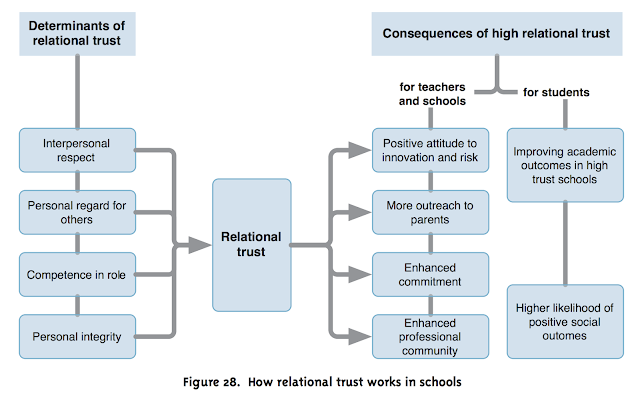Activity 8:Legal contexts and digital identities
Wow, firstly I just wanted to comment on the article regarding "the bloggers mistake". That is so scary to think that people are actually out there setting up innocent people for big bucks. I know I use images from Google and have been doing so for many years - fingers crossed I don't get nabbed. But this article really makes you think of the nasty things that can happen because of the World Wide Web and the access one has to the world. This is also a scary thought for our students who are constantly copying things from Google like background wallpapers and themes. Definitely a lesson to teach our students.
Identify an ethical dilemma in own practice linked to digital or online access or activity. Explain the dilemma and discuss how you would address the potential issue if it occurred in your own practice.
I am very cautious about using Social Media for my personal use. I do have a Facebook page with lots of friends and family on there. I am very careful with what I post - generally nothing too personal or offensive. I also screen what my contacts are posting and I do de-friend them if language and pictures become offensive. This is solely due to Facebook being an open book for employers and parents to see if they can find out more about you. I don't friend students or their parents unless I actually know them personally outside of school. I also have a Google+ profile which I use solely for professional reasons. Again I screen what is shared. I just don't want to be one of those people who get caught out doing the wrong thing online and have to live with the consequences for the rest of my life.
My biggest dilemma would be the online access that my students have and how their parents and caregivers feel about this. I have recently started my year 4, 5, and 6 students up with their own blogs - something that is very new for them but not me. As we all know the content is student created and is about their learning. I have provided direct access for their parents to view their postings as the students post. Some parents are great and comment on their child's work, while others I'm not even sure if they get the notifications. So my issue is similar to this attached clip (Commitment to Parents).
- approval by caregivers, parents, and whanau that their child is allowed to take part is this kind of use with the computers.
Even though parents have signed a consent form with school for photos to be displayed online, and for their child to use IT, it worries me that a parent may not agree with the frequent blogging that is occurring. I guess the other concern is that we have a lot of students under CYFS care for varying reasons and a carer might not be happy with the sharing of content online due to legal reasons. There is no where in our school policy documents that I have been able to find that has any reference to this. I also haven't been able to find any notes on the students files saying otherwise.
What I do like is the Teachers & Social Media Guidelines on Ethical Use of Social Media and have now saved the web address for quick reference if I should ever need it. I have also decided to send a written letter home advising all families about the blogs, once again, just incase there have been changes in mind. With this letter I have attached a copy of the Ethical Use of Social Media Guidelines just so parents, caregivers, and whanau can see the importance of Social Media and how I am using it safely with their input, knowledge, and/or concerns being welcomed.
References:



Comments
Post a Comment